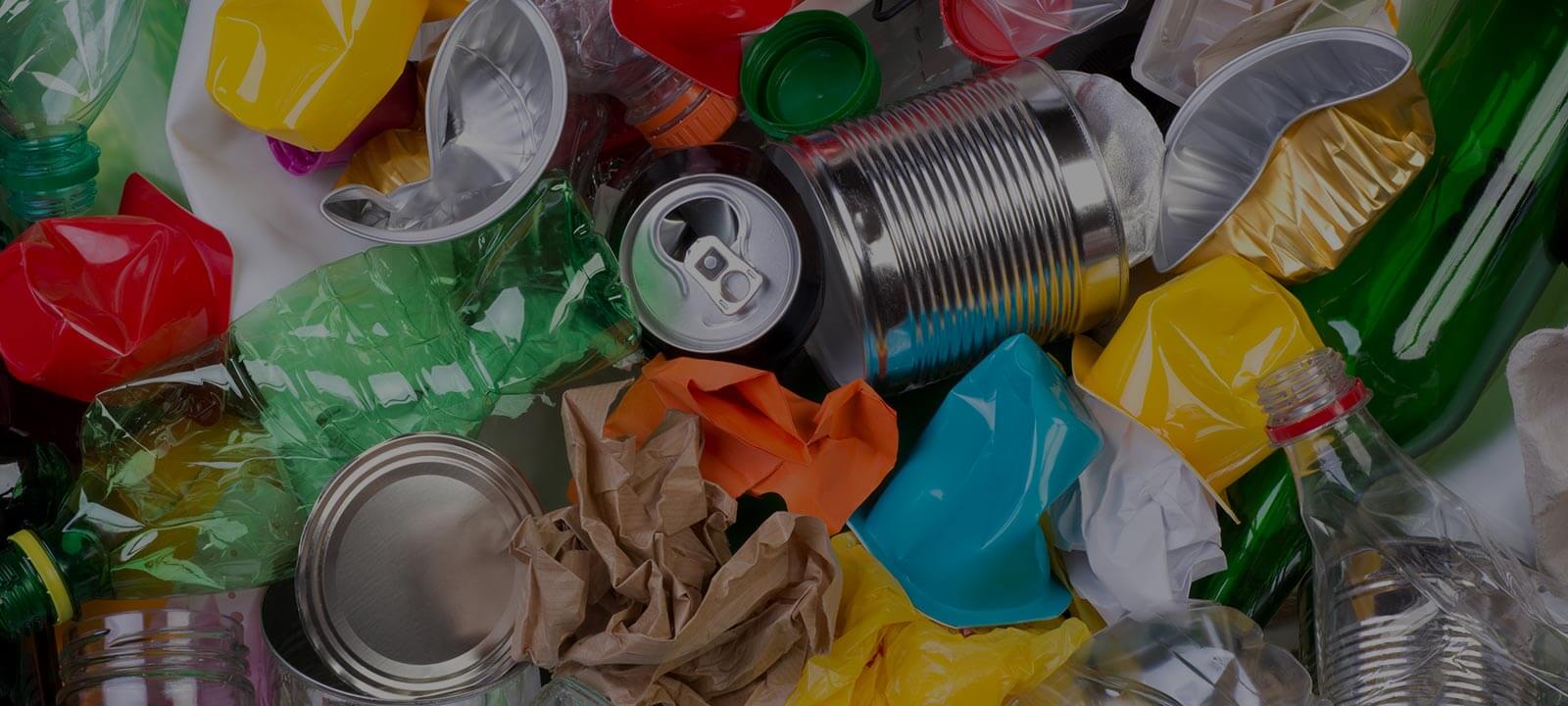Will Plant-Based Plastics Take Over?
Posted on 05/04/2025
In today's environmentally conscious world, the question of whether plant-based plastics will take over traditional petroleum-based plastics is becoming increasingly pertinent. With growing concerns over climate change and pollution, the shift towards sustainable alternatives is inevitable. But how close are we to seeing plant-based plastics become a mainstream replacement? This article delves into the viability, benefits, and limitations of plant-based plastics.
What Are Plant-Based Plastics?
Plant-based plastics, also known as bioplastics, are derived from renewable biomass sources such as starch, cellulose, and polylactic acid (PLA). Unlike traditional plastics that rely on finite fossil fuels, bioplastics are made from organic materials that can be replenished over time. The aim is to create a sustainable production cycle that reduces environmental impact.

The Current Landscape of Plant-Based Plastics
Currently, plant-based plastics hold a small but growing share of the plastics market. They are used predominantly in packaging, agriculture, and automotive applications. With giants like Coca-Cola and Lego investing in bioplastic research and manufacturing, it's clear that the industry is gaining momentum.
However, the adoption rate is still relatively slow due to various challenges, including production costs, scalability, and performance limitations compared to their petroleum-based counterparts.
Advantages of Plant-Based Plastics
Sustainability
One of the biggest advantages of plant-based plastics is their sustainability. As they are made from renewable sources, the cycle of production and disposal can be less harmful to the environment.
Reduced Carbon Footprint
Bioplastics generally have a lower carbon footprint as their production process emits fewer greenhouse gases compared to traditional plastics.
Biodegradability
Some plant-based plastics are designed to biodegrade under specific conditions, reducing the issue of long-lasting waste in landfills and oceans.
Challenges Faced by Plant-Based Plastics
Higher Production Costs
One significant barrier to the widespread adoption of bioplastics is their higher production costs. Making bioplastics on a large scale remains more expensive than producing traditional plastics.
Scalability Issues
Ensuring a consistent supply of the biomass required to produce plant-based plastics is another challenge. This requires substantial agricultural resources, which may compete with food production.
Performance Limitations
While bioplastics have come a long way, they often lack the durability and versatility of petroleum-based plastics, making them less ideal for certain applications.
Tips for Supporting Plant-Based Plastic Initiatives
1. Educate Yourself and Others: Understanding the benefits and challenges of plant-based plastics is the first step towards supporting their adoption.
2. Advocate for Policies: Support government policies that provide funding and incentives for bioplastic research and development.
3. Choose Bioplastic Products: Whenever possible, choose products made from plant-based plastics to create a market demand that encourages further investment.
4. Support Companies: Patronize companies that are committed to sustainable practices and the use of bioplastics.
Takeaways
- Plant-based plastics offer a promising alternative to traditional materials but face challenges in production costs and scalability.
- The shift towards bioplastics is supported by leading companies and consumer advocacy, yet requires technological advancements to become more practical.
- Educational initiatives and policy support are crucial for accelerating the adoption of bioplastics.

Conclusion
While plant-based plastics are not yet ready to completely take over the traditional plastics market, they hold significant promise for the future. Continued investment in research and development, along with supportive policies, can help overcome current limitations. The shift towards plant-based plastics may not be immediate, but with sustained efforts, they're likely to play a crucial role in creating a more sustainable world.
Pros and Cons of Plant-Based Plastics
Pros:
- Environmentally sustainable
- Reduced carbon footprint
- Potential for biodegradability
Cons:
- Higher production costs
- Scalability issues
- Performance limitations
Direct Answer: Plant-based plastics have the potential to take over traditional plastics, but their widespread adoption is dependent on overcoming challenges such as high production costs and scalability issues. With continued research, investment, and policy support, they could play a significant role in promoting environmental sustainability.










